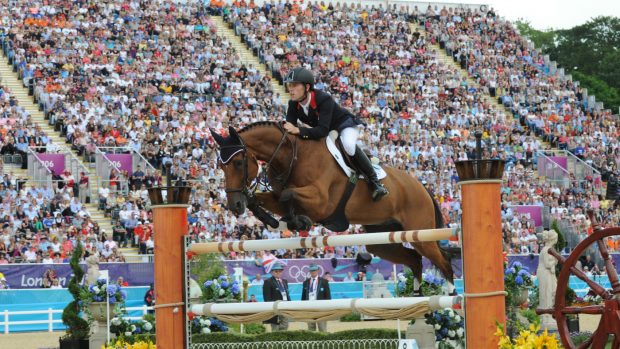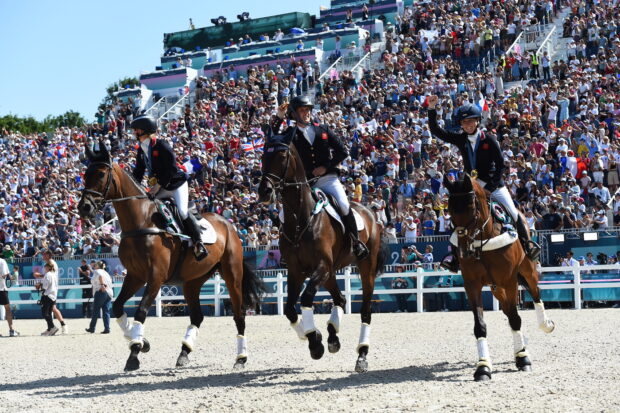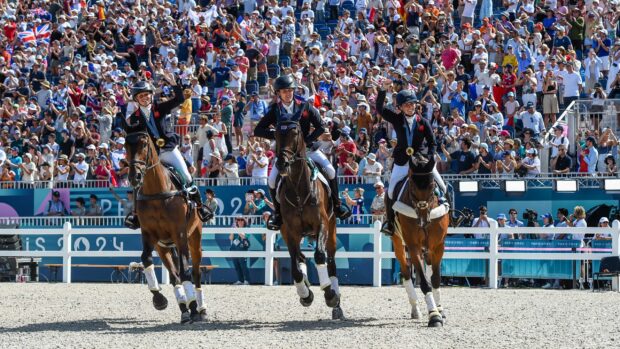Minor changes to the short-format three-day event are on the cards in the lead-up to the 2008 Beijing (Hong Kong) Games.
But FEI vet committee chairman Professor Leo Jeffcott told H&H there was no question the cross-country format — CCI**** (without steeplechase) — would be revisited. He predicted any changes would be minimal and should not dilute the competition’s elite status.
“We’ve got to keep a balance of making it safe for horses, but at the same time ensuring the competition is as elite as possible,” Prof Jeffcott said. “We can’t go on reducing it and reducing it because then it would be a one- or two-star event course.”
Making his first official visit to Hong Kong on Sunday, Prof Jeffcott’s comments followed a keynote address by the Animal Heath Trust’s head of physiology, Dr David Marlin, at the International League for the Protection of Horses’ annual seminar.
Generating considerable debate, Dr Marlin aired his belief that the short-format “may need to be tweaked” and riders better educated about how to prepare.
The Hong Kong Jockey Club (HKJC) consulted Dr Marlin, an expert on the management of thermal stress in horses and heavily involved in research pre-Atlanta, prior to it being awarded the Olympic equestrian venue.
Dr Marlin is monitoring data from climate stations at Sha Tin Racecourse and Beas River Country Club for the HKJC and FEI. While thermal stress would be slightly higher in Hong Kong than Atlanta, he said the equestrian world was well prepared to meet the challenge in the wake of international research and believed the short-format was “potentially more of a concern”.
He was concerned that riders might, mistakenly, not get their horses fit enough, with too little warm-up likely to result in early onset of fatigue or mistakes by horses due to inattention.
He also questioned whether there were too many jumping efforts for the distance, with less recovery time raising the risk of falls and injuries; matched by the fact that horses start and complete short-format courses much faster.
While he stressed there was no question short-format was the best option for Hong Kong in August — when the WBGT (Wet Bulb Globe Temperature) index can reach 34°C, although normally ranging within 28°C-32°C — he felt it may need tweaking.
SUBSCRIBE TO HORSE & HOUND AND SAVE Enjoy all the latest equestrian news and competition reports delivered straight to your door every week. To subscribe for just £1.43 a copy click here >>
|


